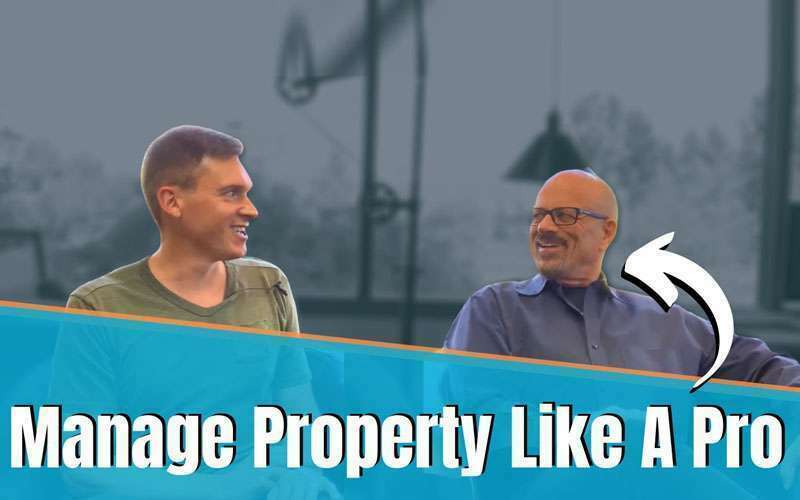Without sound property management, your portfolio begins to die a slow death.
Though it’s interesting to “go macro” and follow J-Powell’s high-level Fed moves or study a metro market …
… you can’t have the type of tenant that changes their motorcycle oil on the living room floor and flushes beer cans down the toilet.
Property management (PM) includes advertising vacancies, tenant screening, ongoing maintenance, rent collection, handling tenant relations, and so much more.
In fact, did you know that there’s a minimum standard of care that you must provide to tenants?
It’s called an Implied Warranty Of Habitability.
Though I’m not a legal expert, this basically entails that you must provide residents with:
- Access to clean water.
- Access to heat.
- Electricity.
- Sanitation.
- A rodent-free environment.
- A fire-safe environment.
- Premises that meet local building codes.
Whether you outsource PM or choose to self-manage, this is all part of being an ethical operator anyway.
Like I’ve told you before, asset protection starts far before having an LLC.
It begins with operating in a “Do the right thing before you do things right.” kind of way.
Becoming a landlord yourself is really kind of weird.
Much like becoming a parent for the first time, there’s no certification course or formal degree required.
I self-managed my properties for six years until I turned it over to a professional manager.
A great way for me to become more profitable and increase my cash flow would be to start managing my own properties again.
I guess I’d stop losing 8-10% of my gross rent income.
But it’s also a certain way to start losing my time again.
I just interviewed one of my own property managers for your benefit. He shares money-making tips from his four decades of management experience.
Either watch here or click below:
Some other PM mistakes to avoid include that you cannot violate fair housing laws.
Providing one tenant with a “break” and not another means that you’re often treating two people differently.
In general, coastal states interpret this more stringently, often siding with the tenant. (We invest in markets that help avoid this.)
Being a PM is tough.
Ultimately, it’s because they must “serve two masters” – the investor and the tenant – whom often have very different motivations.
You should realize that PMs aren’t there to manage your fix-and-flips.
Think about it.
If you buy a distressed house, then ask a PM to start managing the renovation, now you’re asking them to be a general contractor, managing the subcontractors and permitting.
That’s often beyond their scope of work, and they’ll let you know it.
See, that’s why the turnkey model can work so well for PMs. All the renovations should already be done for a long time.
Whether you self-manage or use professional management is ultimately up to you.
It depends on your own strengths, interests, and opportunity cost that you incur from not spending your time elsewhere.
Shortly after I bought my first rental property in 2002, I began attending my local REI club meetings.
Old-time landlords there often told me, “Keith, you’ve got to manage your own property. No one will care about your property as much as you.”
You know what time has taught me?
They were right.
However, it’s not worth my time to get deeply involved in order to get that last 3% toward perfection.
Since then, I’ve grown faster and diversified into more markets than those old-time, local, DIY landlords.
Though self-managing at the beginning of your investment career helps you understand PM’ing, ultimately, I realized that I’m doing all this for freedom.
One great question that you can ask yourself about self-management versus professional management is:
“What will provide me with the freedom that I really want?”
Thought getting your money to work for you creates wealth? It doesn’t! That’s a myth. My one-hour investing video course is now 100% free: Real Estate Pays 5 Ways. For a limited time, you can learn how wealth is really created, here.




